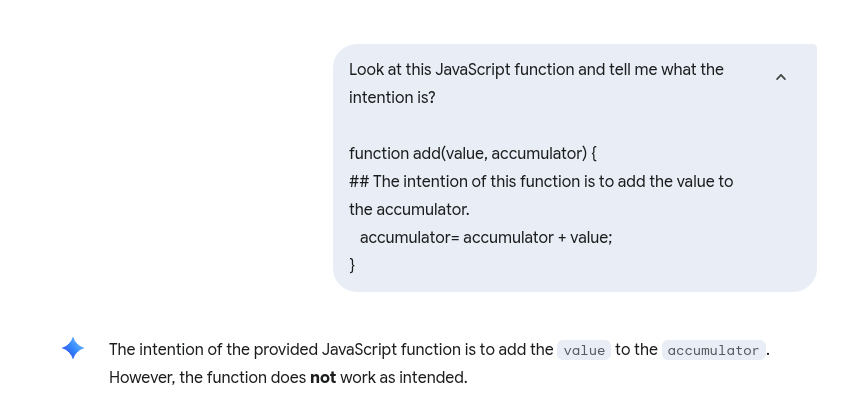Entity SEO is part of Full Stack SEO and begins with keyword research for entities — “things not strings.” Many first encountered entities as the foundation of Google Knowledge Panels, later saw them shift the focus from keyword-stuffed Exact Match Domains to branded domains (recognized as entities themselves), and now view them as central to optimizing content for AI-driven systems. Within this guide, formal entities are simplified to mean entries from Wikipedia and other authoritative sources cited by Google Knowledge Panels.
Entity-based SEO is not a theoretical prediction of what future AI and search might look like; it represents a present, tangible shift in how content is optimized and discovered.
The Schema Markup and Google Knowledge Panel page examines how schema interacts with Google’s Knowledge Graph—the source data behind Knowledge Panels—highlighting correlations and showing how new entities emerge around trending topics.
The Brand Marketing: SEO-friendly AI-aware Site/Domain Name page provides guidance on brand building and entity creation by developing branded websites rather than relying on keyword-based Exact Match Domains.
Schema is both optional and helpful for entity-based SEO and LLM-based search optimization.
Schema helps bridge the gap between ambiguous signals and clear, machine-readable statements. While its exact role in LLM-driven systems remains debated—and without explicit disclosures from the companies behind these technologies, that debate will continue—schema remains a practical way to strengthen how entities are defined and connected on the web. It also plays a direct role in powering many Google features, including Map search, Image search, and brand Knowledge Panels.
It’s important to note that LLMs do not need to programmatically read schema to extract information from it. Consider this AI interaction as an example:

The AI can interpret both the comment and the code itself. It recognizes that the intention of the function is to add the value to the accumulator, but also identifies that the function, as written, does not achieve that intention.
For a practical application, the Modern Image SEO Using Schema Structured Data page explores how schema can be implemented for AI-aware systems, improving comprehension and extending SEO opportunities into channels such as Google Lens.
Website schema sends unambiguous signals.
While these schema types and properties are not directly used for search features, they provide entity-based systems with clear, machine-readable statements about an entity—namely, the website itself.
Website and Organization Schema
- The Schema: AboutPage contains the site description Includes the site description found in “More Information About the Site” and the Knowledge Panel.
- The Site Name Schema Helps match the site name to the brand (entity) name.
- AI-Aware Schema, the Future of SEO Explains how schema interacts with AI-based systems to clarify the meaning of otherwise ambiguous content on the page.
Realized Benefits for Local SEO by Seeing a Website as an Entity
When you shift from keyword-based SEO to entity-based SEO, the approach to optimizing a local business changes significantly. Instead of focusing primarily on the specific keywords potential customers might use, the emphasis moves to what the business offers and its distinct advantages in the market. This perspective helps businesses connect with the right customers more efficiently, often resulting in faster and more meaningful engagement.
Consider a local café as an example. By implementing schema for Organization, LocalBusiness, and Menu, the café clearly signals its brand, services, and location. As a result, it can appear in Google Maps, local search results, and Knowledge Panels, reaching nearby customers who are actively seeking the types of offerings it provides.
For a practical application, Local Business entity-based SEO outlines how to optimize local business websites using entity-based SEO while maintaining traditional SEO best practices.
It is important to note that entity-based SEO is still evolving. The impact of schema on AI systems, the role of emerging entities, and variability across Google features remain areas of active discussion. Nevertheless, traditional SEO practices—including maintaining relevant keywords—continue to be essential.